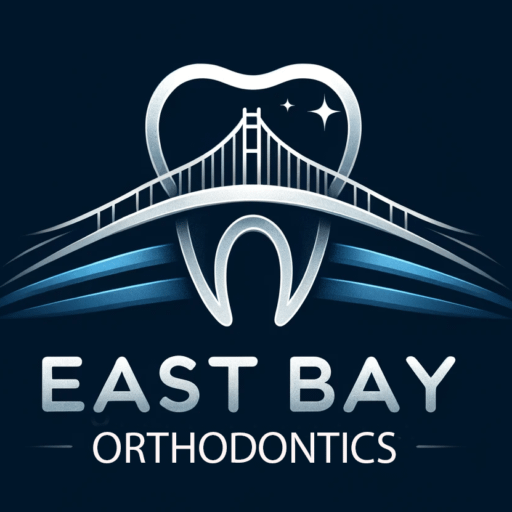What is TMJ disorder?
Temporomandibular Joint Disorder or TMJ Syndrome, is an umbrella term covering a variety of conditions associated with the inflammation of the Temporomandibular Joint, which connects the lower jaw to the skull. Dysfunction of this joint can cause significant pain and damage.

Signs and Symptoms of TMJ disorder
- Sore jaw muscles and joints especially right after waking up in the morning.
- Clicking and/or popping sounds in the jaw joint when opening or closing the mouth.
- Chewing surfaces are flat and/or worn down through the tooth enamel. This exposes the second, soft and yellow layer of the tooth.
- Incisal edges of teeth are worn and sensitive to cold or tooth brushing.
- Swelling on the side of the face
- Loose or broken teeth, crowns or bridges for no particularly obvious reason.
- Generalized feeling of tooth pain.
- Grinding, clenching or bruxing.
Some causes of TMJ disorder
- Major and minor trauma to the jaw.
- Teeth grinding.
- Trauma
- Repetitive unconscious jaw movements called teeth grinding or bruxism
- Excessive gum chewing.
- Failure to replace missing teeth, and the resultant facial and joint collapse.
- Stress and other psychological factors.
- Improper bite or malpositioned jaws.
- Arthritis.
Treatment options for TMJ :
- Jaw rest
- Heat and ice therapy
- Medications
- Physical therapy
- Stress management
- Occlusal therapy
- Correction of bite abnormalities
- Surgery
Our Doctors’ Comments
“We always recommend the best suitable treatments for our clients. We are well-equipped with the newest cutting-edge orthodontic technologies and provide orthodontic approaches tailored to the perfect treatment of our clients’ teeth.”

